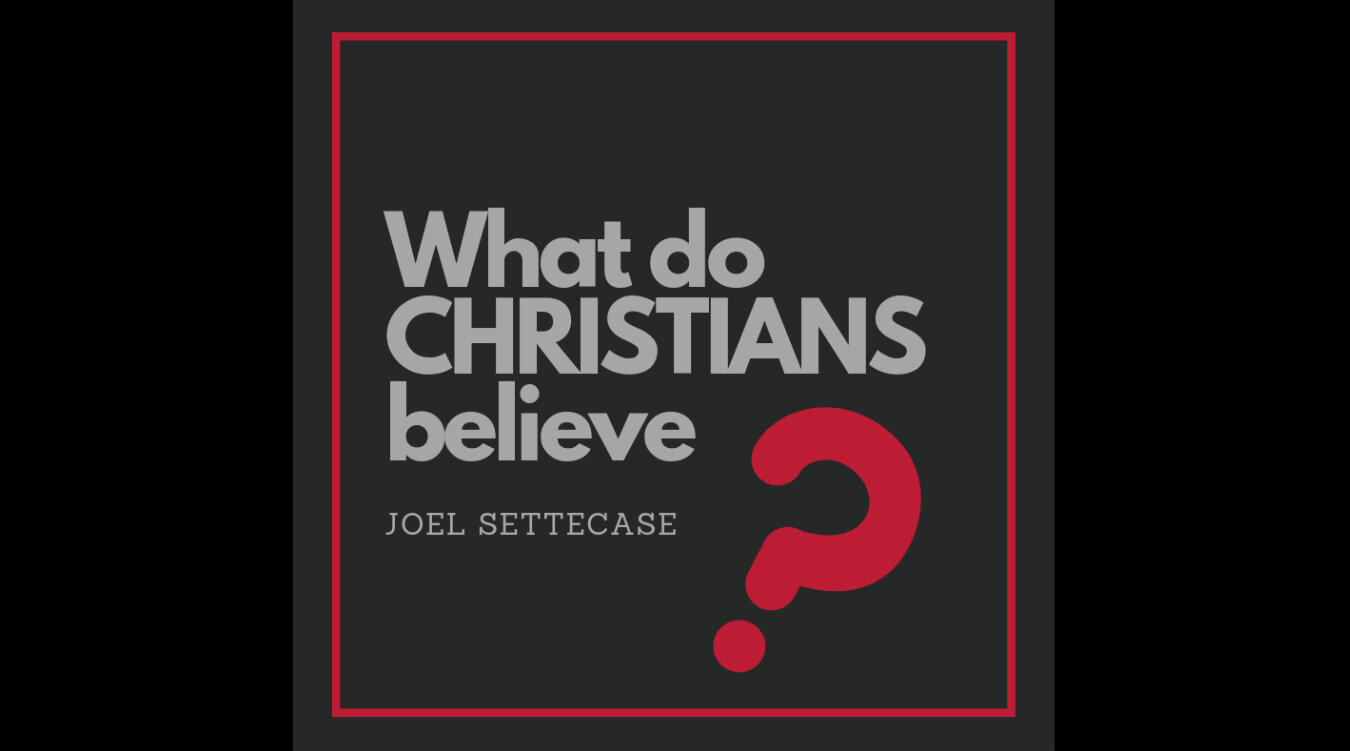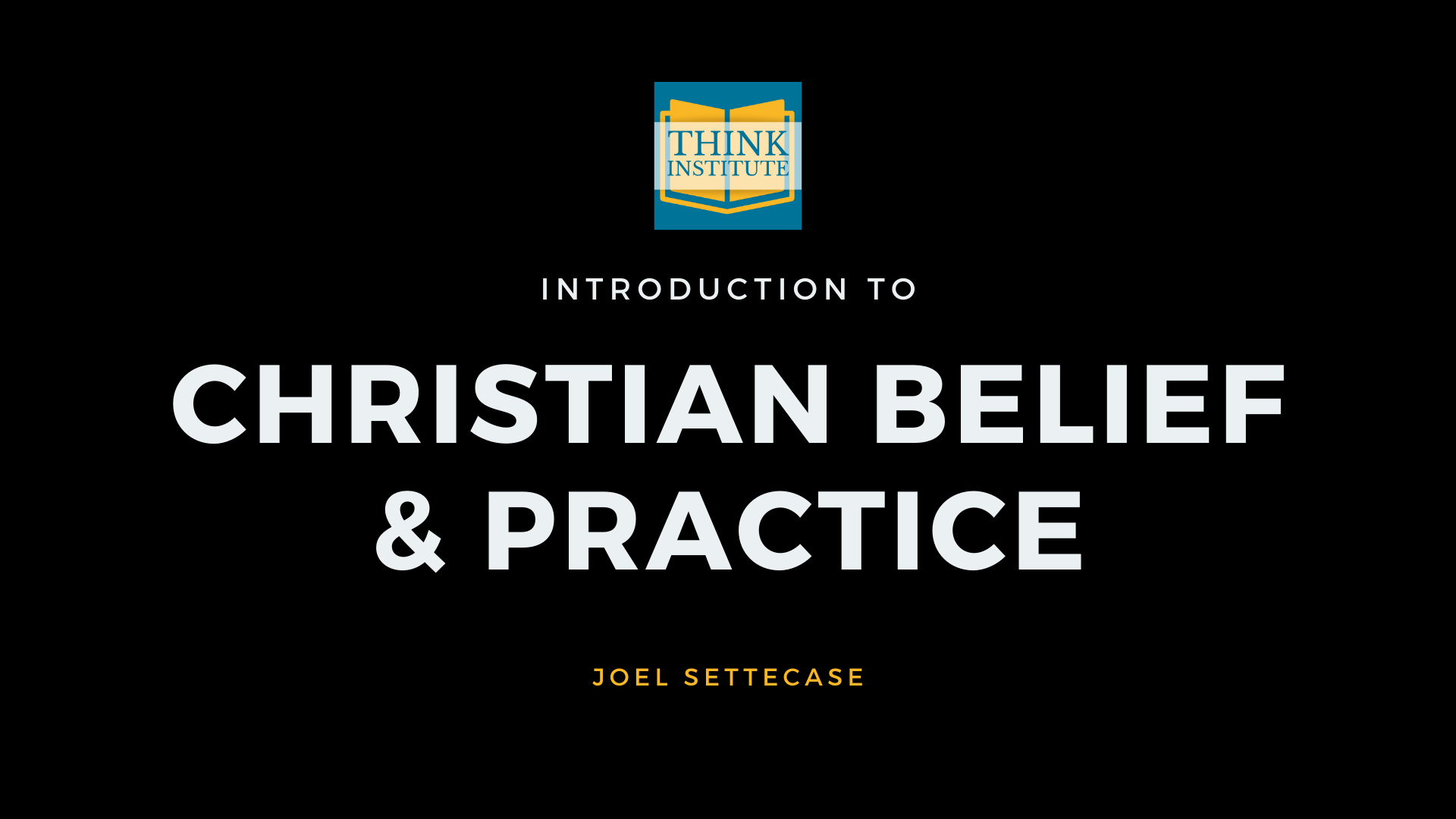Use These 2 Presentations to Introduce Muslims to Christianity
On December 16, 2019, I had the honor of teaching the basics of Christianity to the freshman World History class at MCC Academy, a Muslim high school in the north Chicago suburbs. This was my second time getting to do this, and I dare say that the second go-round was even better than the first. The students asked some very intelligent questions, as did the teacher after class.
I’m sharing the slides I used both last year and this year.
In the second set, called “Introduction to Christian Belief & Practice,” there is a very important section on the Parable of the Prodigal Son. I will discuss this in an upcoming Think Podcast episode (#66 - “Why Muslims Need To Hear The Story Of The Prodigal Son”), but here is the explanation of that parable. If you are going to use these slides to teach the lesson, you should use this summary as a guide for that section:
The Father represents God. The two sons represent you and me.
The Bible teaches that we are all like sheep that have run away from our shepherd. Some of us take God’s blessings and run from him to chase pleasure, saying, “Thanks, now I don’t need you.” This is like the younger son, and like many of us who love “doing our own thing.”
On the other hand, others of us are prideful. We think we have earned God’s blessings because of our goodness. It is as if we say, “Look how righteous I am! Because of my good works, you owe me blessings, and how dare you give them to anyone else!” This is like the older son, and also like many of us who are religious.
The Father’s Response Teaches the Good News (“Gospel” or Injil)
In the story, the father could have rebuked and punished one son for disobedience and the other for pride. But what does he do instead? See how he actually humbles himself in love! He actually ran to meet the younger son, and telling the older son, “Everything I have is yours.” In those days, this was a very shameful thing for a man of his stature to do. But it demonstrates how much he loved his son! Then he unites them both together and celebrates. In the process he sacrifices his prize calf. He pays no mind to the shame of his son, or of himself. He disregards it because of his fatherly love for his children.
In the Gospel, God “runs to meet us” by sending his Son, Jesus, who humbled himself even by dying to save sinners. When we turn from sin, to God, through faith in Jesus, God celebrates! It makes no difference if you were “doing your own thing” and sinning, or being religious and sinning. Even while we were sinning—a “long way off” from God, he sent his Son, Jesus, to save sinners like us.
In the story, the father humbly(!) treated both his sons with compassion—not because they have earned it, but because they were his sons!
Like a loving Father, God will welcome you home if you turn from your sin and come to him in humility and faith.
The Parable of the Prodigal Son resonates deeply with those who come from more of an honor-shame culture, which is more like what exists in the Middle East than here in the West.
Here are the presentations:
Are you a Christian looking to bring the Gospel of Jesus Christ to your Muslim friends and neighbors? Take your study further with these Think Institute Resources:
For more tools and tips to help you live a missional lifestyle, subscribe to the brief, weekly Think Update email here.
Want to listen as Joel Settecase tackles impossible questions from a biblical perspective, to help you explain, share and defend the Christian message? Subscribe to the Think Podcast here.


